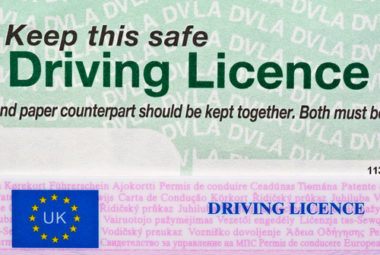Common mistakes in CVs and cover letters
01603 516261 | 07960 743650 | info@olsenrecruitment.com
01603 516261 07960 743650 info@olsenrecruitment.com
Failure to follow instructions/poor attention to detail
Follow the firm’s application details and method of selection. For example, if the instructions are a CV (two pages maximum) plus a one page cover letter addressed to a specific person, then prepare a CV (two pages maximum) plus a one page cover addressed to the specific person.
If the firm’s minimum qualification is a “2:1 degree in any discipline”, do not apply if you achieved a 2:2 or 3rd without talking to the law firm/recruitment consultant first to ask their advice.
Incorrect sign-off
We often see cover letters beginning with “Dear Sir/Madam” and ending with “Yours sincerely”. This is wrong. “Yours sincerely” is only the correct sign-off where you are writing to a specific person. If you don’t know who you are writing to, the correct sign-off is “Yours faithfully”.
Most law firms will give instructions to write to a specific person; if that is the case, the sign-off you should use is “Yours sincerely”. The “sincerely” part does not need to be capitalised.

Incorrect use of capital letters
You only need to use a capital letter in certain circumstances, for example:
- At the beginning of a sentence
- For any proper noun – which is a specific person, place or organisation
- In abbreviations, e.g. United Kingdom becomes UK
Spelling of “driving licence”
Driving licence is a noun, a thing. You have a driving licence. Driving license is the American spelling. Also, in England, a “license” is a verb – a doing word. You do not, therefore, have a driving license (in England). If in doubt check your actual driving licence!

Incorrect use of apostrophes
Learn the correct use of apostrophes. Some of the most common mistakes we see on CVs and cover letters are:
- It’s and its. “It’s” is a contraction for “it is” or “it has”. “Its” is used to indicate possession.
- A levels and GCSEs. It is incorrect to write “A level’s” or “GCSE’s”.
- Your and you’re. “Your” indicates possession. “You’re” is a contraction of the words “you are”.

Using too many adjectives
Using too many adjectives and clichés on your CV or cover letter means it may lack substance. For example: “Organised, good attention to detail, professional” is not valuable to the reader, but “Law and LPC graduate seeking paralegal position” is.
Referring to a law firm as a company when it is a partnership or limited liability partnership
Never refer to a law firm as a company if it is not a company. If you do not know the difference between a company, a limited liability partnership and a traditional partnership, find out before you make any applications.
Keep your CV and cover letter in the first person
Your document is about you and you marketing yourself to a law firm. You should not, therefore, refer to yourself in the third person.
The length of your CV or cover letter
Law firms receive a lot of applications for some roles, e.g. training contracts. Therefore, the readers do not want to read anything which does not provide useful content. Keep your cover letter to one page and your CV within two pages (unless there are specific instructions not to do this).
Apply by the closing date
If you are thinking of applying to a particular law firm, ensure you apply by the closing date. Earlier is generally better since it is very competitive to get a training contract and applying early will ensure your application is read.

